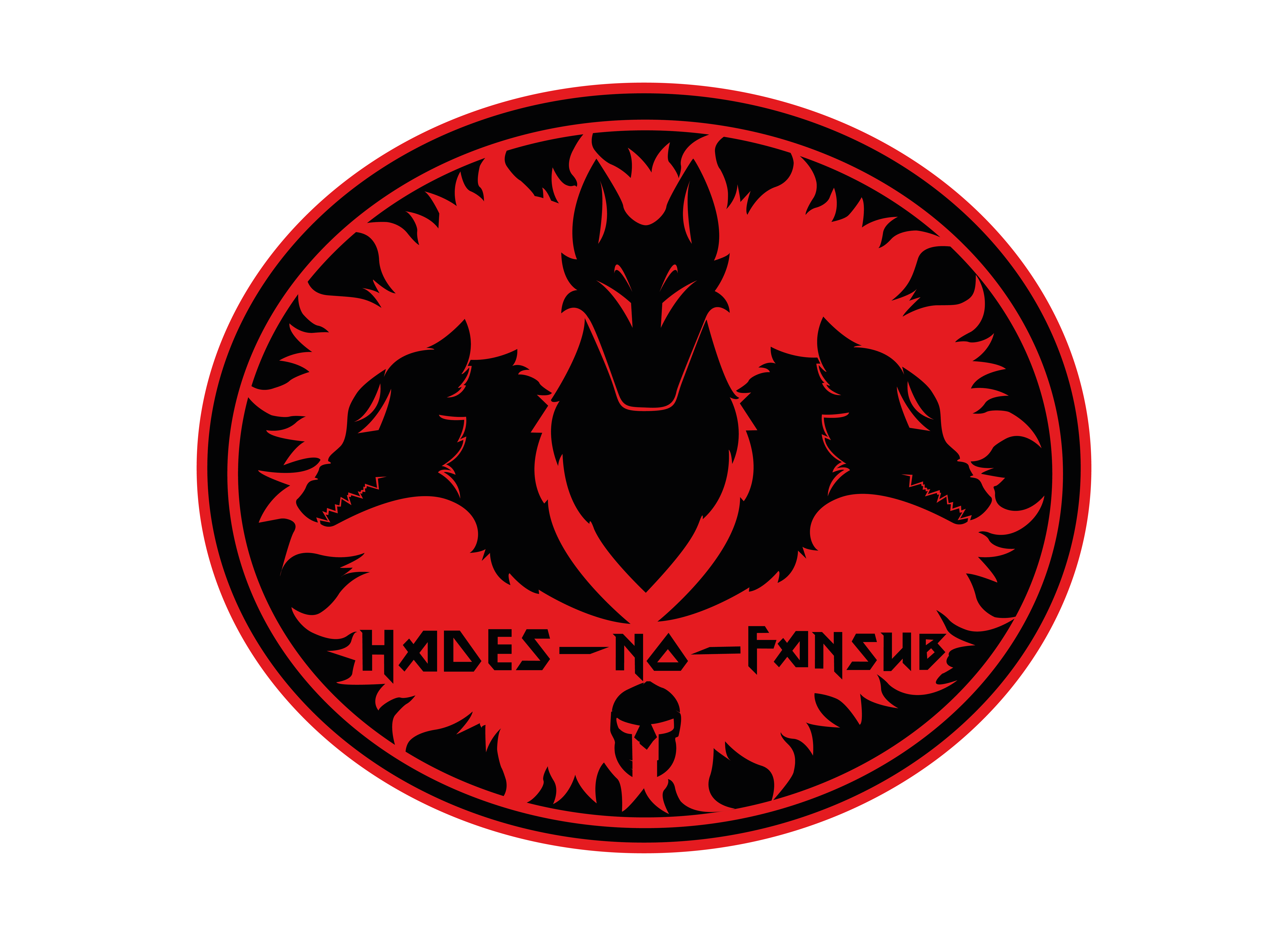Forex FX: How Trading in the Foreign Exchange Market Works
The top of the bar shows the highest price paid, and the bottom indicates the lowest traded price. Exotics are currencies from emerging or developing economies, paired with one major currency. Forex trading offers constant opportunities across a wide range of FX pairs. FXTM’s comprehensive range of educational resources are a perfect way to get started and improve your trading knowledge. FXTM offers a number of different trading accounts, each providing services and features tailored to a clients’ individual trading objectives.
Get Started Forex Trading
The farmer’s initial risk (that their produced commodity goes down in price) would be hedged using a futures contract. Any losses incurred on the futures contract could be offset if their initial risk fails to materialize. Likewise, if the price of their produced commodity does fall, the gains made on their futures contract have the potential to offset those losses. The first currency code represents the base currency, and the currency after the slash is the quote currency. For the EUR/USD currency pair, for example, “EUR” is the base currency and “USD” is the counter-currency (or, quote currency).
A Basic Guide To Forex Trading
- It’s these changes in the exchange rates that allow you to make money in the foreign exchange market.
- One of the most unique features of the forex market is that it’s made up of a global network of financial centers that transact 24 hours a day, closing only on the weekends.
- While this means you control a $50,000 position with just $1,000, a small price movement against you can wipe out your entire investment.
- Forex trading and gambling share similarities in terms of risk and uncertainty, but they are fundamentally different.
- With FXTM, you can access the forex markets and execute your buy and sell orders through our trading platform.
You can make a profit by correctly forecasting the price move of a currency pair. All transactions made on the forex market involve the simultaneous buying and selling of two currencies. Forex, short for foreign exchange, involves trading one currency for another for various purposes such as business, tourism, and international trade.
- The foreign exchange (also known as forex or FX) market refers to the global marketplace where banks, institutions and investors trade and speculate on national currencies.
- So, it is possible that the opening price on a Monday morning will be different from the closing price on the previous Saturday morning—resulting in a gap.
- It should also be emphasized that timing the market and trying to predict short-term moves in the market are extremely difficult.
- Developing countries like India and China have restrictions on the firms and capital to be used in forex trading.
- Please ensure you understand how this product works and whether you can afford to take the high risk of losing money.
Understanding how different currencies interact, and the factors that influence exchange rates, requires time and knowledge. Unlike stocks, where the value of a company can be more straightforward to analyze, forex trading demands a deep understanding of global economic policies, interest rates, and geopolitical events. A pip is a unit of measurement used in the forex market to track changes in the price of a currency (or, changes in the exchange rates of currency pairs). On average, the global forex market turns over trillions of dollars a day. In the mid-1980s currency trading took place using a system called Reuters Dealing that allowed banks to get currency quotes from each other in real time. This was driven by widespread access to personal computers and the internet, along with brokers offering leveraged currency trading via their software platforms.
Futures
Countries gradually switched to floating exchange rates from the previous exchange rate regime, which remained fixed per the Bretton Woods system. Currency markets can move dramatically in seconds due to economic reports, geopolitical events, or central bank announcements. For example, when the Swiss National Bank unexpectedly removed its currency cap in 2015, the Swiss franc surged 30% against the euro in minutes, causing massive losses for many traders. Making money in forex trading requires more than just buying and selling currencies—it demands a well-thought-out approach combining strategy, discipline, and risk management. While the potential for profit exists, it’s crucial to understand that forex trading isn’t a get-rich-quick scheme. Forex trading is also quintessentially global, encompassing financial centers worldwide.
Micro accounts allow forex traders to trade in increments of 1,000 units, also known as micro contracts or micro lots. Micro accounts don’t limit traders to making trades of 1,000 units, they grant the ability to trade in increments of 1,000. This flexibility can be useful for advanced forex traders who want more precision than may be possible with standard or mini contracts.
Forex Trading
There is always an exchange of goods and services across borders, which helps facilitate international trade between countries. Transactions in the foreign exchange market provide a mechanism for transferring purchasing power from one currency to another. Like any other market, the currency prices depend on the supply and demand of sellers and purchasers. Interest rates, central bank policies, economic growth rate, inflation, and the country’s geopolitical situation can all influence currency demand. Unlike stock markets, where brokers might charge higher fees or commissions, forex brokers typically make their money from the spread between the buying and selling price of a currency pair.
Previously, most currency traders were large signs that you are not meant to be a programmer multinational corporations, hedge funds, or high-net-worth individuals. While commercial and investment banks still conduct much of the world’s forex trading, there are also prospects for professional and individual investors to trade one currency against another. Forex trading involves simultaneously buying one currency while selling another in hopes of profiting from changes in their relative values. For example, if you think the euro will strengthen against the U.S. dollar, you might buy euros and sell dollars, aiming to sell those euros later at a higher price.
What Moves the Forex Market
The tools and policy types used will ultimately affect the supply and demand of their currencies. A government’s use of fiscal policy through spending or taxes to grow or slow forex broker the economy may also affect exchange rates. The foreign exchange market, or Forex, is the world’s largest financial market. We ensure our clients are equipped with top-notch education, tools, platforms, and accounts to excel in Forex trading.
Foreign Exchange Reserves
Quite simply, it’s the global financial market that allows one to trade currencies. No matter who is engaging with the market, Forex leverage and margins are always among the most important factors that allow traders to control their positions. The main principle on which Forex dates back a long time, to prehistory, when goods and services were exchanged between various parties directly. Introducing more convenient payment prtrend forex broker review methods, such as coins and bills, and the gold standard, allowed traders to establish a common unit of value and trade more efficiently.
The foreign exchange market, which is usually known as “forex” or “FX,” is the largest financial market in the world. After a few more weeks, the euro surged against the dollar, pushing the exchange rate all the way down to 0.85. Now, your original 900 euros would be worth 850 euros, which is a loss, even without factoring in trading fees. However, some currencies are more frequently traded than others, and all primary pairs revolve around the US Dollar. Those that do not are called cross-currency pairs, and they usually involve the Euro or the Japanese Yen.
Jay and Julie Hawk are the married co-founders of TheFXperts, a provider of financial writing services particularly renowned for its coverage of forex-related topics. While their prolific writing career includes seven books and contributions to numerous financial websites and newswires, much of their recent work was published at Benzinga. The forex market trades 24 hours during the trading week that stretches from the Sydney open at 5 p.m.
Fluctuations in exchange rates are usually caused by actual monetary flows as well as by expectations of changes in monetary flows. Major news is released publicly, often on scheduled dates, so many people have access to the same news at the same time. However, large banks have an important advantage; they can see their customers’ order flow. Most developed countries permit the trading of derivative products (such as futures and options on futures) on their exchanges.










